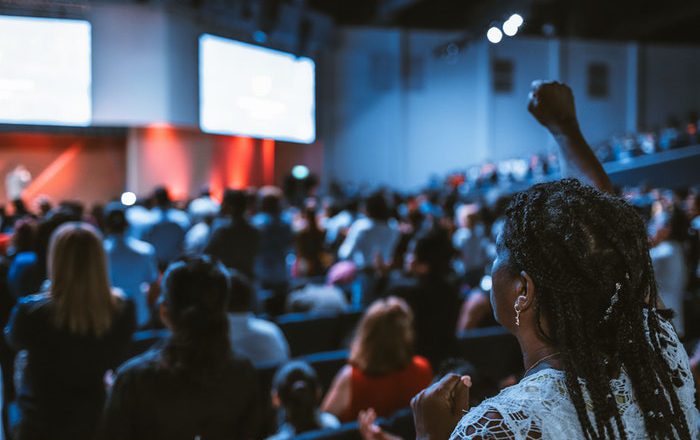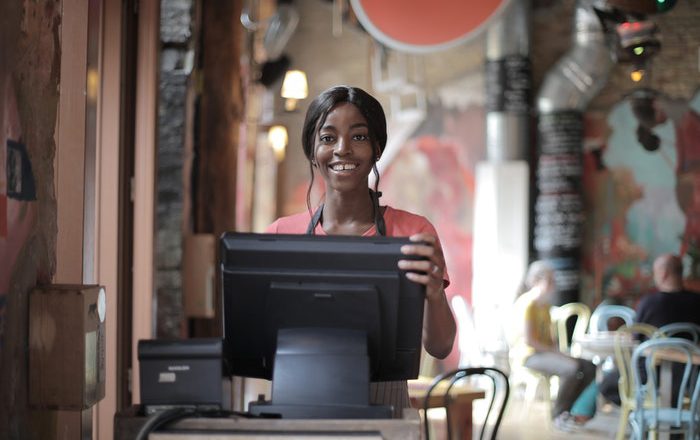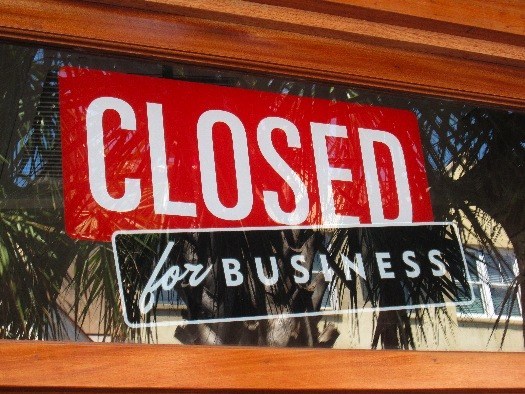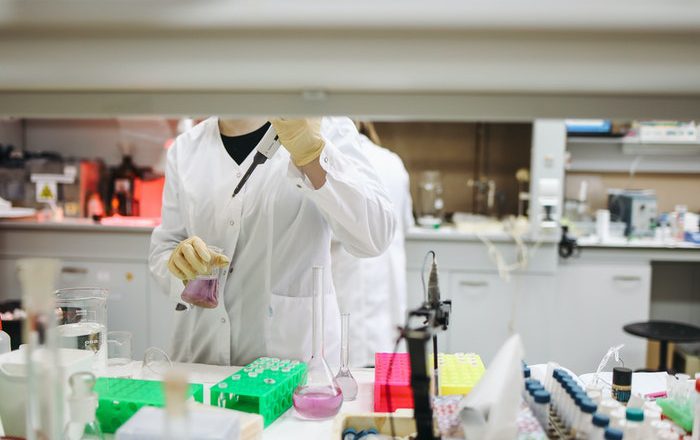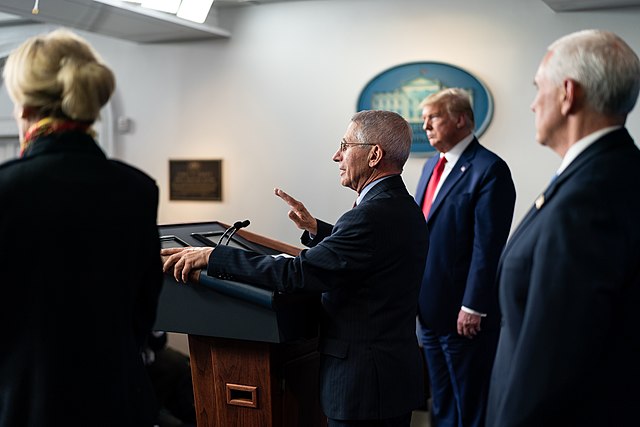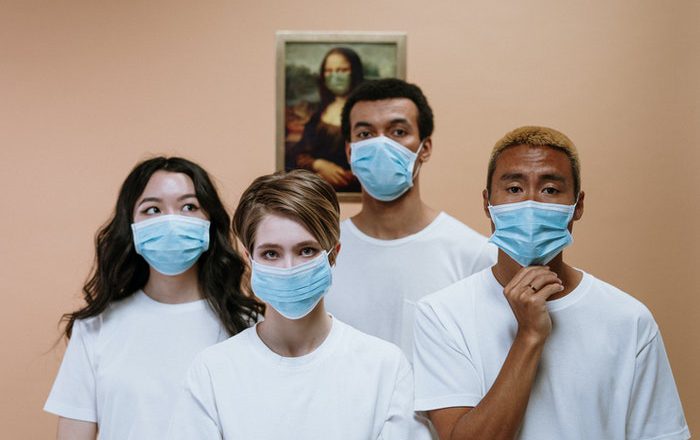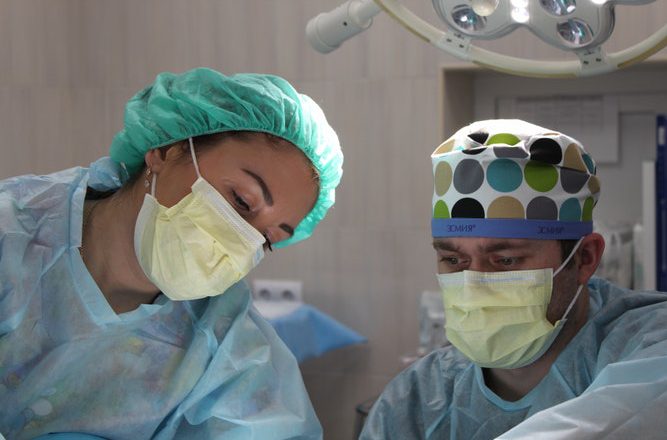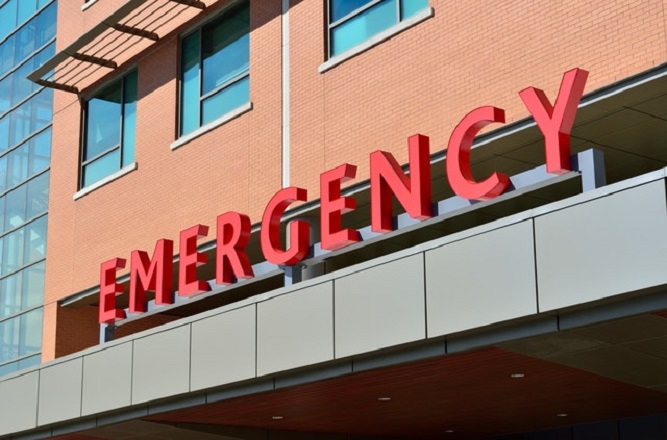During COVID-19 A Community Rallies to Change Prison Rules
Here at the Washington State Reformatory in Monroe, four living units—each housing roughly 200 prisoners—share one recreation yard. And around this time of year, I could watch as teams gathered almost daily to compete on the soccer field or practice around the baseball diamond, as countless residents strolled the quarter-mile track, which surrounds both.
Outside the track, some played horseshoes, bocce, handball, basketball, and used the array of pullup and dip bars, while others sat at cement tables slapping cards and banging dominoes. Needless to say, our yard isn’t small.
All this changed in early April, after news that the first cases of COVID-19 inside a state prison had been confirmed at Monroe Correctional Complex, where the reformatory is. Courageous fellow residents, refusing to...
